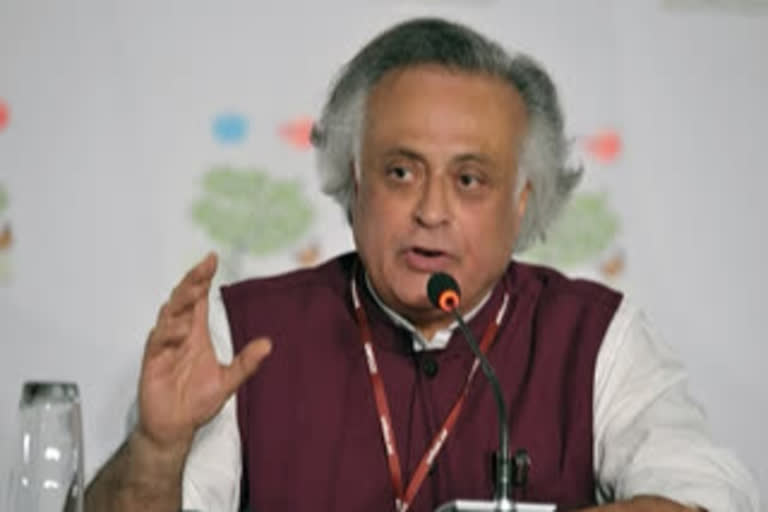New Delhi: Congress leader Jairam Ramesh on Saturday slammed the Uttar Pradesh government's proposed population control measures, claiming it is nothing but BJP's attempt to polarise society and keep the communal agenda alive during the assembly polls. He alleged that the BJP is best at hiding its failures and raising non-issues ahead of every election. The former union minister also raised concerns on population control measures in the country and said India will have to prepare for an ageing population and not a growing population by 2031.
"This is nothing but BJP's attempt to polarise society and keep the communal agenda alive during UP assembly polls. This is yet another attempt to whip up communal passions and prejudices," Ramesh told the media. He said the Modi government's own Economic Survey for the year 2018-19 comprehensively challenges and debunks the assumptions and motivations behind bills on population control measures.
Incidentally, there have been 28 such bills since 2000, he noted. Several BJP MPs propose to bring private member bills on population control in the upcoming Monsoon Session of Parliament. The senior Congress leader said India's total fertility rate has fallen very dramatically even without the type of measures being proposed in the bills. Ramesh also shared a thread on the population control debate on Twitter, raising concerns over India's ageing population.
Also Read:Division in Bihar NDA over UP's population control policy
He said some states have already gone below the replacement level of 2.1 fertility rates. "The crucial tipping point in demography is when replacement level of fertility reaches 2.1. Subsequently, after a generation or two, the population will stabilise or begin to decline. Kerala was first in 1988, followed by Tamil Nadu five years later.
